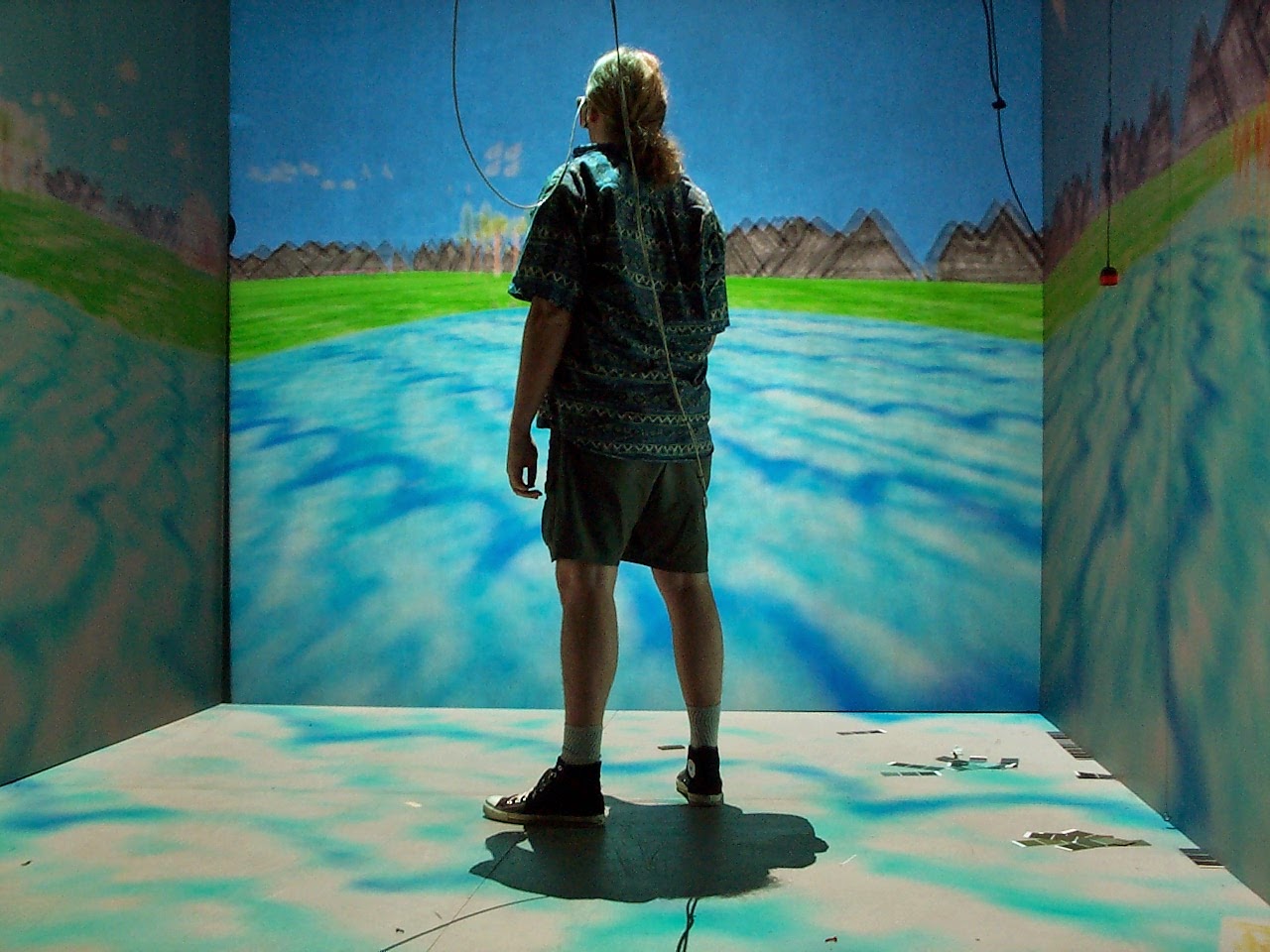
Writing Chinese and Japanese has been a difficult and time-consuming task for thousands of years, and the learning tools have stayed roughly the same throughout history. Since the turn of the century, however, research into memory and retention has been combined with modern technology to create new, improved ways of learning familiar skills, accessible to ordinary learners.
Skritter is such a product; the result of using new technology to solve an old problem. To provide the best solution possible to all students, we offer Skritter for both iOS and Android devices, as well as on the web. So, what’s the next step, you might ask? Does it end there? No, of course not, but before we disclose any details, let’s look at some interesting research findings that underpin the next step in our quest for easier language learning.
Learning is context-dependent
Research has shown that learning environment has a direct impact on our ability to remember. A classic experiment into context-dependent learning, which is what this field of psychology is called, was done on divers, who were observed to have troubles remember things from a dive on dry land, but not while underwater.
This phenomenon was more systematically researched by Godden and Baddeley, who let people learn lists of words both underwater and on dry land, and then had them recall these lists, again both underwater and on dry land. The results showed that it was indeed easier to recall the lists in an environment similar to the one in which the learning was done! So, people who studied the lists underwater did better on a test if they were immersed in water! Similarly, people who memorised the lists on dry land found it harder to remember them if the test was done underwater. If you want to read a summary of this research, please check Memory (Baddeley, A., M. W. Eysenck, and M. C. Anderson, 2009).
Practical implications of context-dependent learning
This means that if your exam will be held underwater, you should make sure you practise underwater, too! Well, yes, but that’s very unlikely to happen. Joking aside, there are at least two things we can learn from this research. First, learning in a similar environment as the one used on your exam is beneficial. The impact is smaller if the environments are more similar, but it’s still there.
More significant, though, is that varying your study environment makes learning more dynamic! When you learn Chinese and Japanese, you want to be able to recall the words you learn in any situation. Since Skritter is available on most mobile devices, learning words in different situations has a positive impact on your ability to recall them later.
Indeed, some researchers have suggested that the main benefit of using flashcard apps is that learning environment becomes more varied, because the apps are portable and used everywhere. There is more to it than that of course, such as the spacing effect, but that’s beyond the scope of this article.
Virtual reality Skritter
With this in mind, the decision to start developing a virtual reality client for Skritter wasn’t hard to make. Imagine the benefits of being able to control the environment in which you learn Chinese or Japanese! You could use this to mimic your upcoming test location or vary the learning environment for more dynamic learning.
When Oculus VR released their first development kit in 2012, we were thrilled. This has been a long-term project we’ve been working on since then, but because of the high risk of letting you down if we don’t deliver, we decided to keep it secret until now. We’re not ready for a public release yet by far, but we are looking for people willing to test our beta version. Please note that you need your own Oculus Rift to participate!
Current features
There are currently two main features in the beta and we plan to develop both further. First, the most basic feature allows you to write characters in a pleasant environment of your choice. We have currently developed the following:
- Zen garden
- Mountain top
- Tea house
- Traditional dojo
If you’d like to study characters in other environments, please let us know! Apart from the inspiring environment, we also turn any writing instrument into a calligraphy brush and your writing surface into fancy calligraphy paper. There’s virtual ink, too! We have also developed fonts to match, so instead of the computer-rendered look on our current clients, it actually looks like you’re writing with ink on paper!
The second main feature is meant to increase variety. You can choose between a number of modern-day settings that are close to what you will experience in real life. These will then by changed randomly for each word you study, making sure that you will be able to remember words not just in the setting you learnt them, but in any situation you might encounter.
Looking for beta testers
If you’re interested and have an Oculus Rift, please let us know! It’s still early days and the beta is unpolished, but works. We need your help to produce a Skritter worthy of the 21st century!
*Sorry to disappoint anyone, but in case anyone didn’t pay attention to the date, yesterday was April Fools’. Naturally, it would be cool to have Skritter in VR, but we’re very busy as it is with improving the apps we already have!
Everything else in the article is true, though, including the research. However, VR will probably come to much better uses for language learning that providing inspiring environments to study. Just give it a decade or so.
